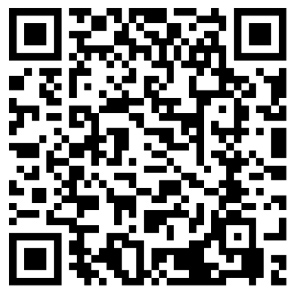Following its most recent and largest Beyond Visual Line of Sight (BVLOS) waiver approval for Architecture, Engineering, Constructions, Operations, and Management (AECOM), remote sensing solution developer Censys Technologies has continued its 100% BVLOS waiver approval rate. AECOM, the world’s leading infrastructure consulting firm, offers architecture and design, construction management, engineering, and environmental services within numerous sectors including energy, healthcare, and government. The AECOM waiver team seeks to put Censys Technologies’ industry knowledge and high approval rate to use as they continue to submit new waivers for future projects.
“With each approval, our waiver team becomes more confident about writing complex waivers,” said Matt Nanney, AECOM’s mobile technology and remote sensing manager. “In terms of waivers, 2021 is the tip of the iceberg for us. I am looking forward to all the current and future possibilities this will bring to support our clients.”
The AECOM team is looking to make use of this waiver for a Department of Defense-led wide area mapping project. The area covered in the approved submission covers 19.22 square miles, with the waiver allowing the remote pilot-in-command (RPIC) to fly within a 3.3 mile radius, granting seven times ROI (return on investment) per flight.

“This approved waiver pushes the boundaries,” said John Lobdell, CTO and Waiver Team Lead. “It gives the RPIC more mission capability in a large area compared to other waivers we have gotten approved.”
Without a BVLOS waiver, pilots of commercial drones are required by the Federal Aviation Authority (FAA) to maintain a visual line of sight at all times with any drone they are operating.
The Censys Technology team leverages their proprietary advanced drone technology when drafting said waivers.

The Censys Technologies’ Sentaero BVLOS drones are equipped with onboard detect-and-avoid technology with both the forward-facing electro-optical sensor and an ADS-B receiver, allowing pilots to be amply prepared for in-flight airspace deconfliction.
The Censys Technologies’ Mobile Command Center, created in response to the need for better efficiency, human factors, additional layers of risk mitigation, and the BVLOS Safety Case, was introduced to improve safety protocols across the board. Making note of the Mobile Command Center was essential for Censys Technologies’ waiver team, as this technology exemplifies the knowledge and expertise required to obtain an approval.






